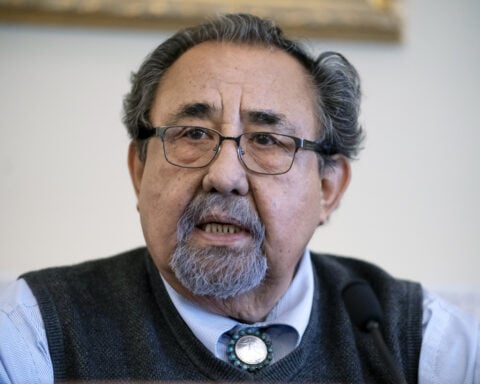Marriage appears to slow the aging process for men but shows no similar benefit for women, according to a new study published in International Social Work that tracked adults over two decades.
Researchers found married men aged more successfully than their never-married counterparts, while women showed no significant differences in aging outcomes based on marital status. The study followed participants aged 45 to 85, examining physical fitness, mental health, social connections and subjective age perception.
Marital disruptions had negative impacts across gender lines. Men who separated, divorced or lost spouses to death showed poorer aging outcomes. Divorced and separated women fared worse than both their married and never-married peers.
Researchers suggested that the stability of marriage appears more important for health than simply being married. The study breaks new ground by accounting for marital status changes over time when assessing health effects.
The findings align with previous research showing marriage's health benefits. A Global Epidemiology study found marriage reduced women's mortality rates by one-third, while Nature Human Behavior research indicated single people worldwide face higher risks of mental health challenges.
Recent CDC data shows U.S. marriage rates have rebounded since pandemic lows, reaching about six marriages per 1,000 Americans in 2022 — levels not seen since 2018.
The study adds to growing evidence that social relationships significantly influence aging outcomes, though impacts vary considerably by gender and relationship stability.

 Asia shares steady; gold at record high as trade war ratchets up
Asia shares steady; gold at record high as trade war ratchets up
 Japan inflation likely cooled in Feb on energy subsidy resumption: Reuters poll
Japan inflation likely cooled in Feb on energy subsidy resumption: Reuters poll
 Airlines that have updated their lithium battery policies
Airlines that have updated their lithium battery policies
 China, Iran, Russia kick off talks in Beijing over Iran's nuclear issues
China, Iran, Russia kick off talks in Beijing over Iran's nuclear issues
 Florida mayor seeks to evict cinema for screening Israeli-Palestinian film
Florida mayor seeks to evict cinema for screening Israeli-Palestinian film
 Heartbreak for DePaul as 1st trip to Big East semifinals slips away with late collapse at MSG
Heartbreak for DePaul as 1st trip to Big East semifinals slips away with late collapse at MSG








